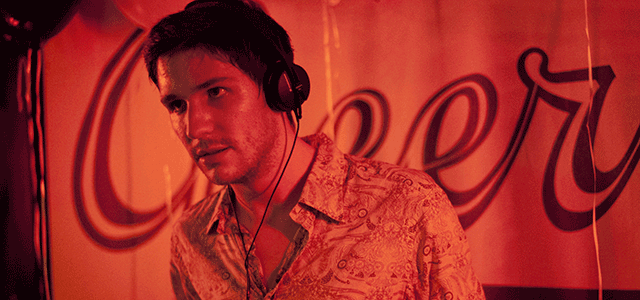
Eden is a sprawling, emotional drama charting the rise and fall of a French house music DJ. Directed by Mia Hansen-Love, the film is inspired by true events and sweeps us through 20 years of rhythmically charged history, starting in the 1990s and ending in the 2000s.
Featuring cameos from the overlords of electronica Daft Punk, the movie hinges on a gripping central performance from rising actor Felix de Givry as central character Paul.
In the first of a two-part interview, we sit down with Felix to discuss his role in the film and how it brings this exciting period in recent musical history to life.
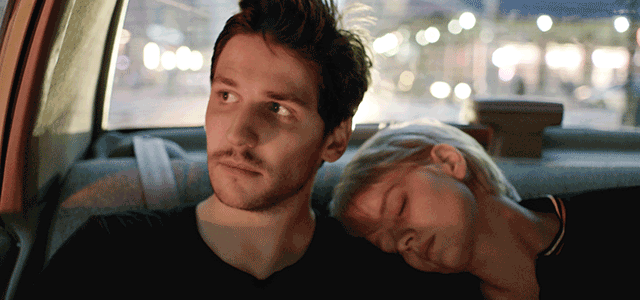
So Felix, what drew you to the project initially? Was it a love of the music or a desire to work with the director Mia Hansen-Love?
Well, electronic music is everywhere nowadays so pretty much everyone is a part of it in one way or another. As far as I’m concerned, I’m a bit more connected to it than most because I’ve organised some parties and I’m also very interested in this culture.
However, I wasn’t especially aware of the 1990s sub-genre of garage music, the ‘French Touch’ that the film explores, so that was very interesting to me. I was able to get information from people who experienced this culture of music. I got very good advice on what to listen to as part of my preparation.
One of the key reasons why the film works is because we see the drama play out through the eyes of your character Paul, as he experiences the self-described ‘euphoria and melancholia’ of the music itself. Was that also crucial in terms of saying yes to the role?
Yes, in fact for me personally all music has to veer between happiness and sadness. Music has to encompass the ups and downs of life. For me, all of the big hits – rock, jazz, whatever – have this quality. To make you even more happy when you’re happy and even more sad when you’re sad.
When it comes to the garage music depicted in this film, there’s a quality to the lyrics that almost approaches something religious, something sacred. It’s rooted in something more human than most other types of electric music. When you start listening to the lyrics, they have a quality that conveys that sense of euphoria and melancholia.
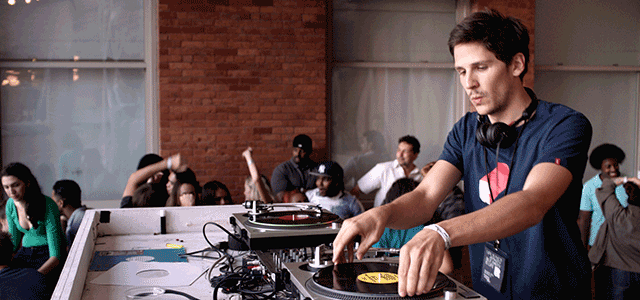
The film is a fictionalised account of Mia Hansen-Love’s brother, Sven, one of France’s pre-eminent DJs. Did you meet with him to discuss the role?
Yes, especially seeing as we had one year to prepare the film, starting in August 2013. We started off not really talking about the character but about stuff around the script, parties that happened at particular moments, the character who we see in the film drawing the comic book. We were also talking more about the lyrics, rather than the tunes.
Then the longer it goes on, the more technical it gets, so he gave me lessons about how to DJ on vinyls and stuff like that. The character was something we built together, me, him and Mia. Some situations are true, some are fictional, but Paul is ultimately a character.
So it’s an interesting blend of fact and fiction.
Exactly, and that says something about Mia’s film. About how fiction and reality interact. It creates a profound, blurry sense of reality. We made up a word with Mia which is ‘reali-tion’ – that mixture of fact and fiction.
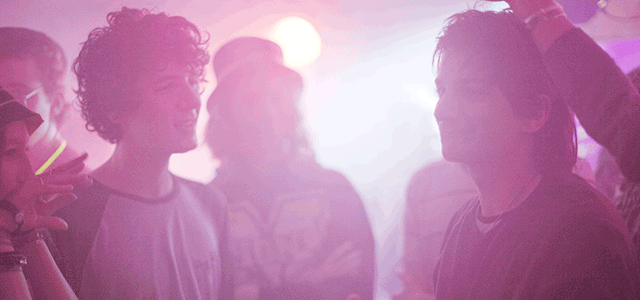
Don't miss the second part of our exclusive chat with Felix, arriving on the blog very soon.
In the mood for euphoric, nostalgic beats? Then click here to book your tickets for Eden, which opens in Cineworld this Friday.
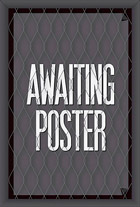
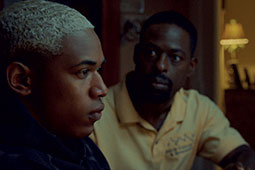


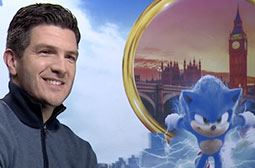
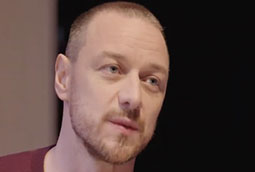
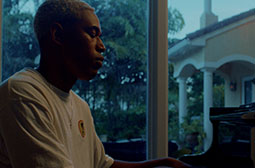
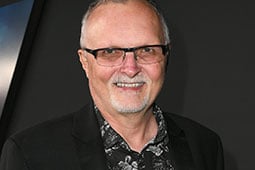





.jpg)
.png)






